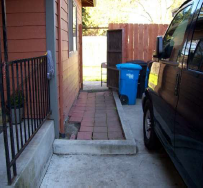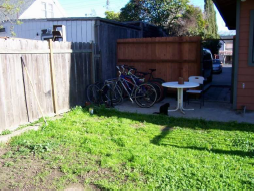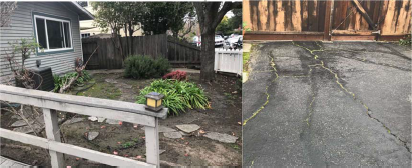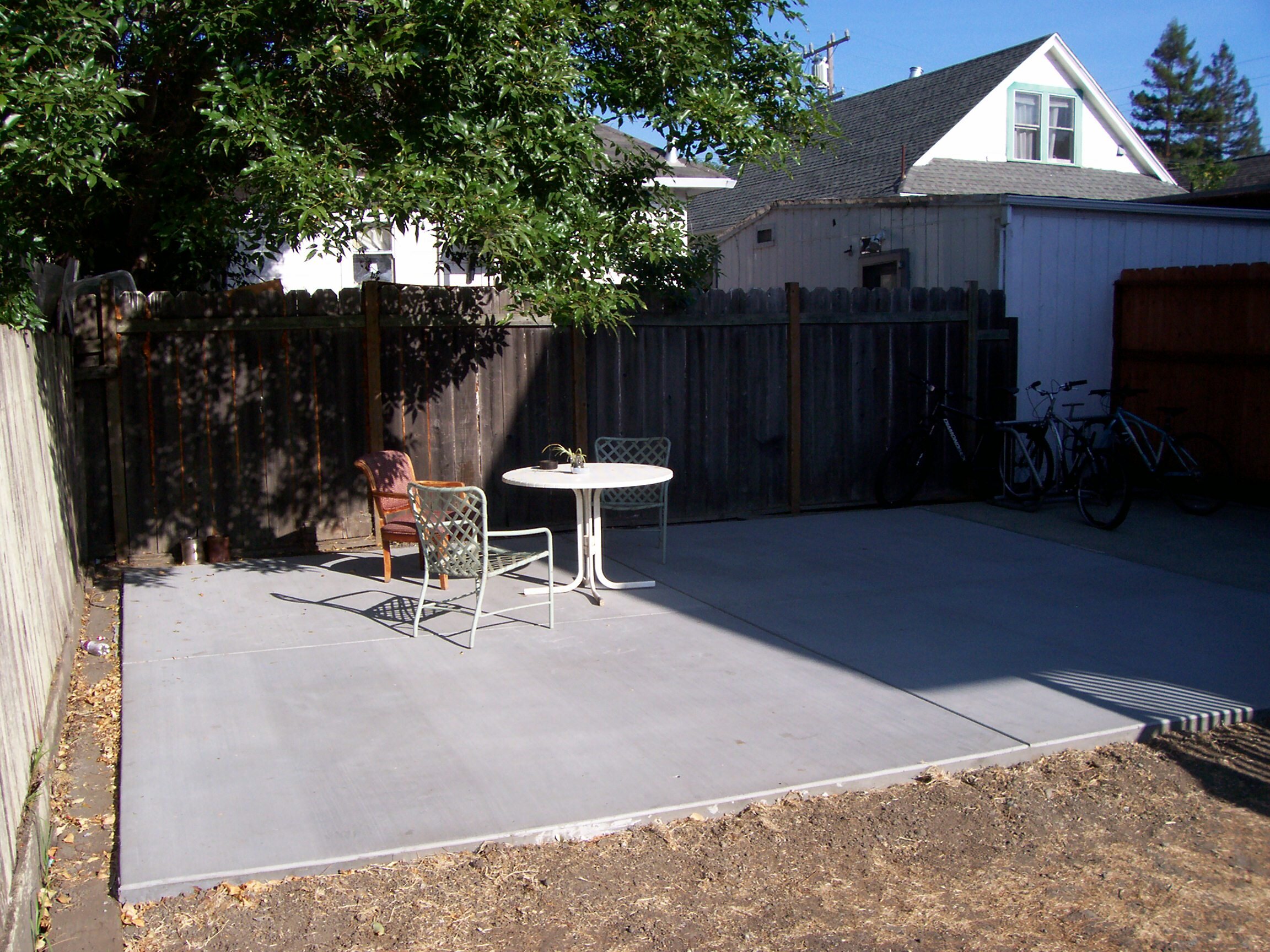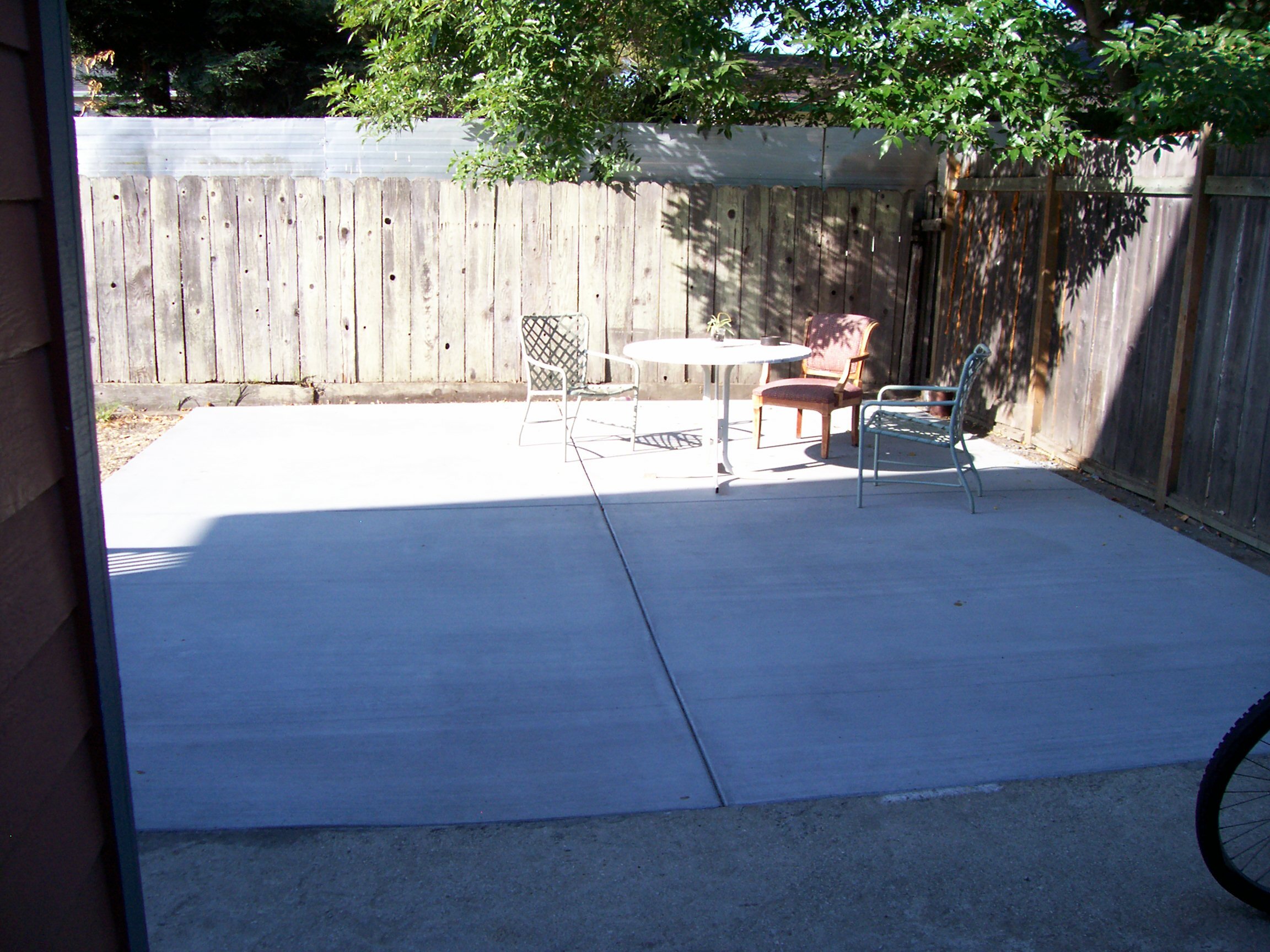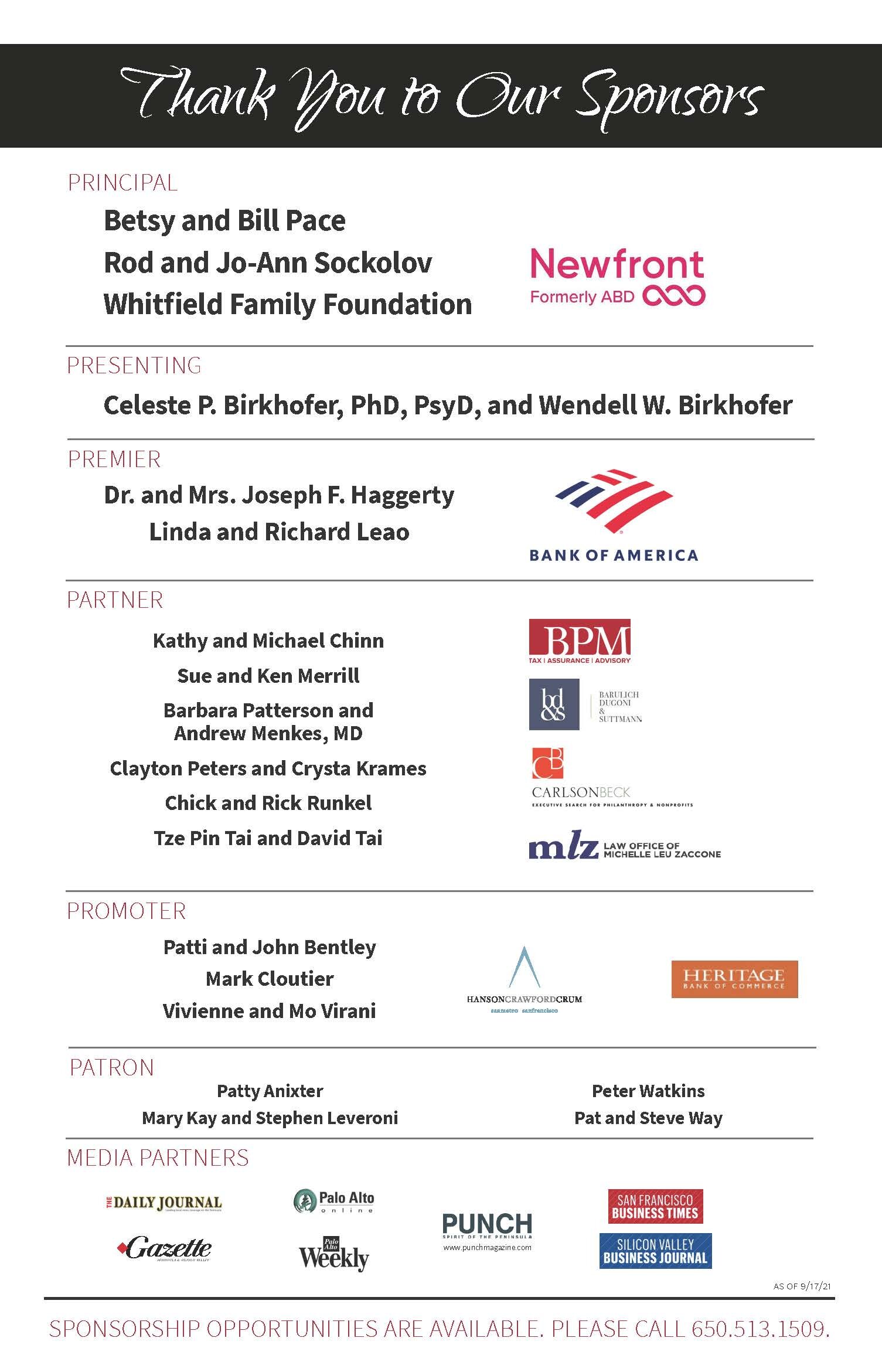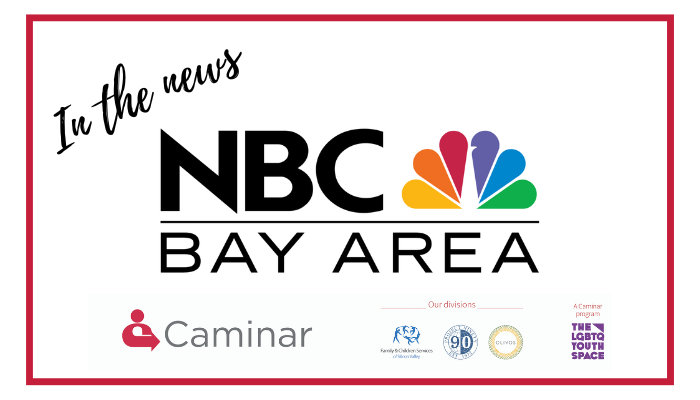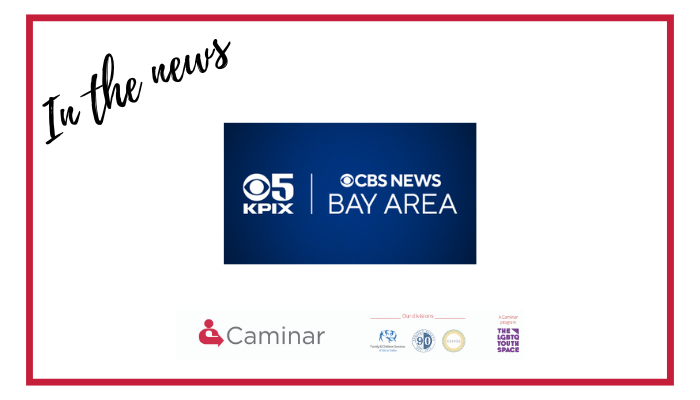A LIFE WITH LESS SUFFERING
Long-time Caminar client, Margaret, endured years of trauma after finding herself on her own in San Francisco’s Tenderloin at the young age of 12.
Margaret recently shared her moving story of finding safety and peace through Caminar. If Caminar had been in her life during her adolescence, Margaret believes her life would be entirely different—one with considerably less suffering.
Caminar’s Behavioral Health Equity Fund enables us to continue our response to the urgent needs of the Bay Area’s most at-risk individuals—like Margaret—whose mental health is already adversely impacted by their life circumstances. The need is greater than ever.
Consider giving generously this holiday season by donating online to Caminar—you'll help ensure even more teens, adults, and families receive the care they deserve.
For other ways to donate, please see this page.
GRATITUDE TO JIM BUCKNER
Thank you for 20 years of service!
Jim Buckner, Project Ninety's now-former Executive Director, celebrated the last day of his 20-year career with Project Ninety on November 30th.
Jim and his wife, Colleen, are moving to Oregon to be closer to family. We are thrilled for Jim as he embarks upon his new adventures, but Jim's knowledge and expertise—combined with his thoughtful, warm, and deeply-caring demeanor—will definitely be missed.
INSTITUTIONAL GIVING UPDATE
With thanks to SAMCAR and the SAMCAR Foundation
On November 30th, Giving Tuesday, Caminar CEO Mark Cloutier joined our long-time partner, San Mateo County Association of Realtors (SAMCAR), for a virtual panel. The event was an opportunity for SAMCAR members to hear more about Caminar’s work in the community in 2021 and make their philanthropic plans for the new year. We are deeply grateful to SAMCAR and the SAMCAR Foundation, for their ongoing support, hosting, and continuing to give back to the San Mateo County community.
WHY I SUPPORT CAMINAR
“Thank you for the valuable work supporting the most vulnerable people in our community.”
- Caminar Donor
SUPPORT CAMINAR THROUGH AMAZONSMILE
AmazonSmile is a simple way to support Caminar every time you shop, at no cost to you!
For more information, please visit smile.amazon.com/about or our Caminar blog.










